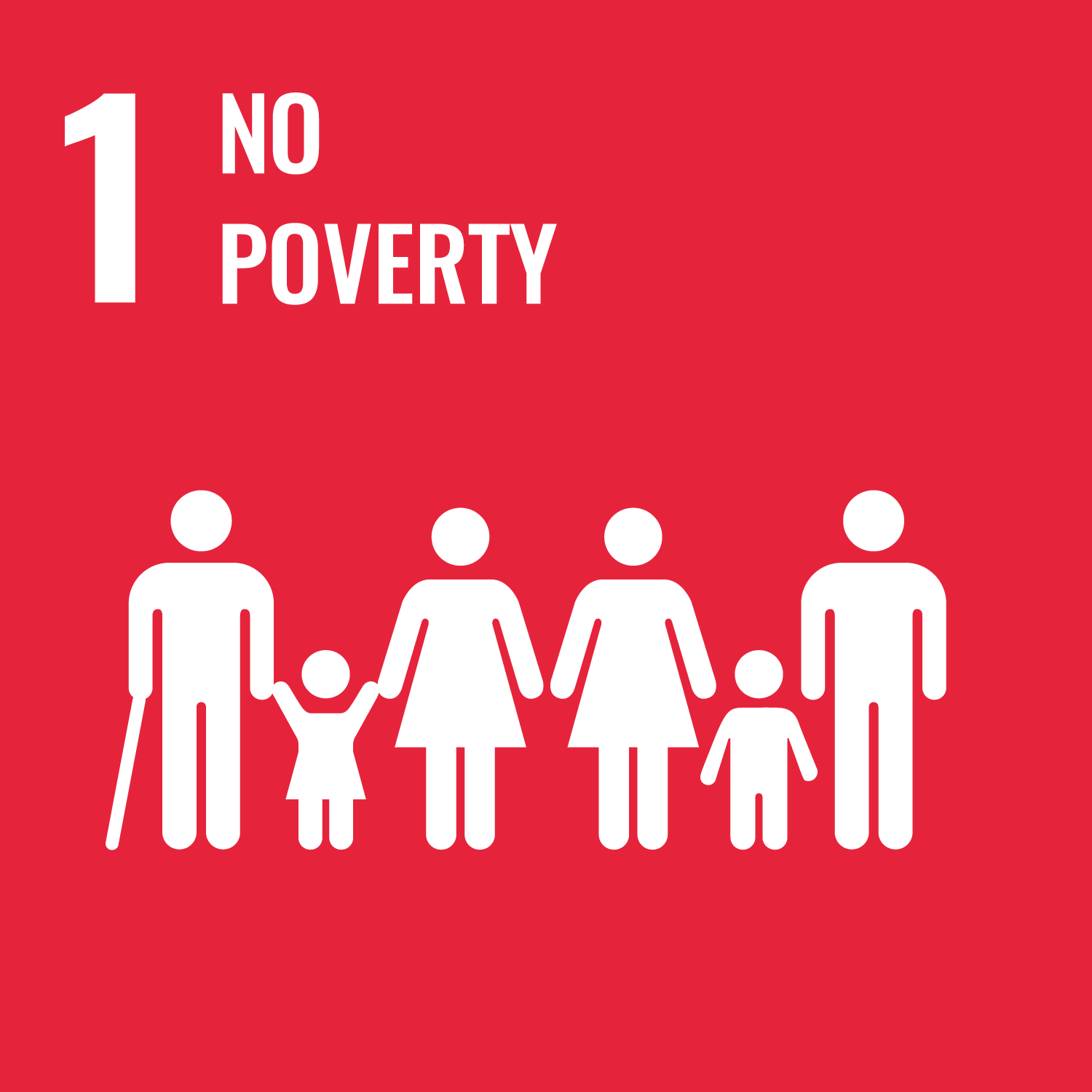Catalysing Impact First Entrepreneurship to create Dignified Jobs for the Poor in India
Aligned SDGs


- Catalysing Impact First Entrepreneurship to create Dignified Jobs for the Poor in India
- General overview
- Intervention
- Location
- Last data update
- Spreadsheet of data
- Catalysing Impact First Entrepreneurship to create Dignified Jobs for the Poor in India
- General overview
- Intervention
- Location
- Last data update
- Spreadsheet of data
General overview
Stage of development: Early stage
Policy sectors: Employment and private sector development
Delivery locations: India
Country classification: Lower-middle-income
Intervention
Social or environmental challenge
Inequitable economic growth: India's rapid economic and technological growth has not proven inclusive. According to the World Inequality Report 2022, the bottom 50% of Indian households own only 6% of the total wealth in the country. The top 10% and 1% own, respectively, 65% and 33% of the total wealth.
Majorly informal workforce: In India, 10 percent of the population lives on less than $2.15 per day and nearly 90 percent of employment is informal with unreliable income streams, unsafe work environments, and inadequate social protections.
SGBs are considered uninvestable: While SGBs are the largest job creators in India, they fall into the 'missing middle': too large for microfinance but too small, unproven, or risky for traditional investments.
Twofold challenge: connecting more people in extreme poverty with dignified work to break the cycle, and supporting businesses that bring stability and safety to sectors that otherwise rely on informal employment.
Description of the intervention
"The project will incentivise Small and Growing Businesses (SGBs) in India for creating dignified jobs for the poor and underserved. We will design a standardized incentive model, leveraging data from our ongoing benchmarking study with 60 Decibels on quality of jobs. We will build on learnings from Upayaâs 35+ investments in SGBs in India in the past 12 years. This incentivized model will be implemented and scaled through Upaya's initiative, Dignified Jobs Collaborative, which currently has 7 investor partners, namely- Acumen, Ankur Capital, Beyond Capital Fund, Elea Foundation, Yunus Social Business, S3IDF and Upaya Social Ventures.
SGBs create 60% of new jobs in emerging markets, largely informal, profoundly impacting livelihoods and economies. In 2021, SGBs in India mobilized $6.8 Bn in investments. India's impact investing industry is recording a year on year growth of approximately 21% and is expected to grow exponentially by 2030. Impact investors must commit to creating high quality, not just high quantity, jobs for the poor. Investors must also mitigate any negative impacts in jobs being created including checking on exploitative employment practices. This can only be achieved through a commonly accepted metric of job quality contextualized in emerging markets to allow for outcomes verification."
Location
Country:
- India
Locality:
- India
Last data update
Data for this pipeline project was last updated in March 2024
You might have noticed that some pipeline projects have more data than others. This is because organisations can share as much data as they want with the INDIGO initiative. If you have more data on one of these pipeline projects and would like to share with us, please get in touch at indigo@bsg.ox.ac.uk. Our full list of variables and data definitions can be found here.
Spreadsheet of data
Important Notice and Disclaimer on INDIGO Data
INDIGO data are shared for research and policy analysis purposes. INDIGO data can be used to support a range of insights, for example, to understand the social outcomes that projects aim to improve, the network of organisations across projects, trends, scales, timelines and summary information. The collaborative system by which we collect, process, and share data is designed to advance data-sharing norms, harmonise data definitions and improve data use. These data are NOT shared for auditing, investment, or legal purposes. Please independently verify any data that you might use in decision making. We provide no guarantees or assurances as to the quality of these data. Data may be inaccurate, incomplete, inconsistent, and/or not current for various reasons: INDIGO is a collaborative and iterative initiative that mostly relies on projects all over the world volunteering to share their data. We have a system for processing information and try to attribute data to named sources, but we do not audit, cross-check, or verify all information provided to us. It takes time and resources to share data, which may not have been included in a project’s budget. Many of the projects are ongoing and timely updates may not be available. Different people may have different interpretations of data items and definitions. Even when data are high quality, interpretation or generalisation to different contexts may not be possible and/or requires additional information and/or expertise. Help us improve our data quality: email us at indigo@bsg.ox.ac.uk if you have data on new projects, changes or performance updates on current projects, clarifications or corrections on our data, and/or confidentiality or sensitivity notices. Please also give input via the INDIGO Data Definitions Improvement Tool and INDIGO Feedback Questionnaire.